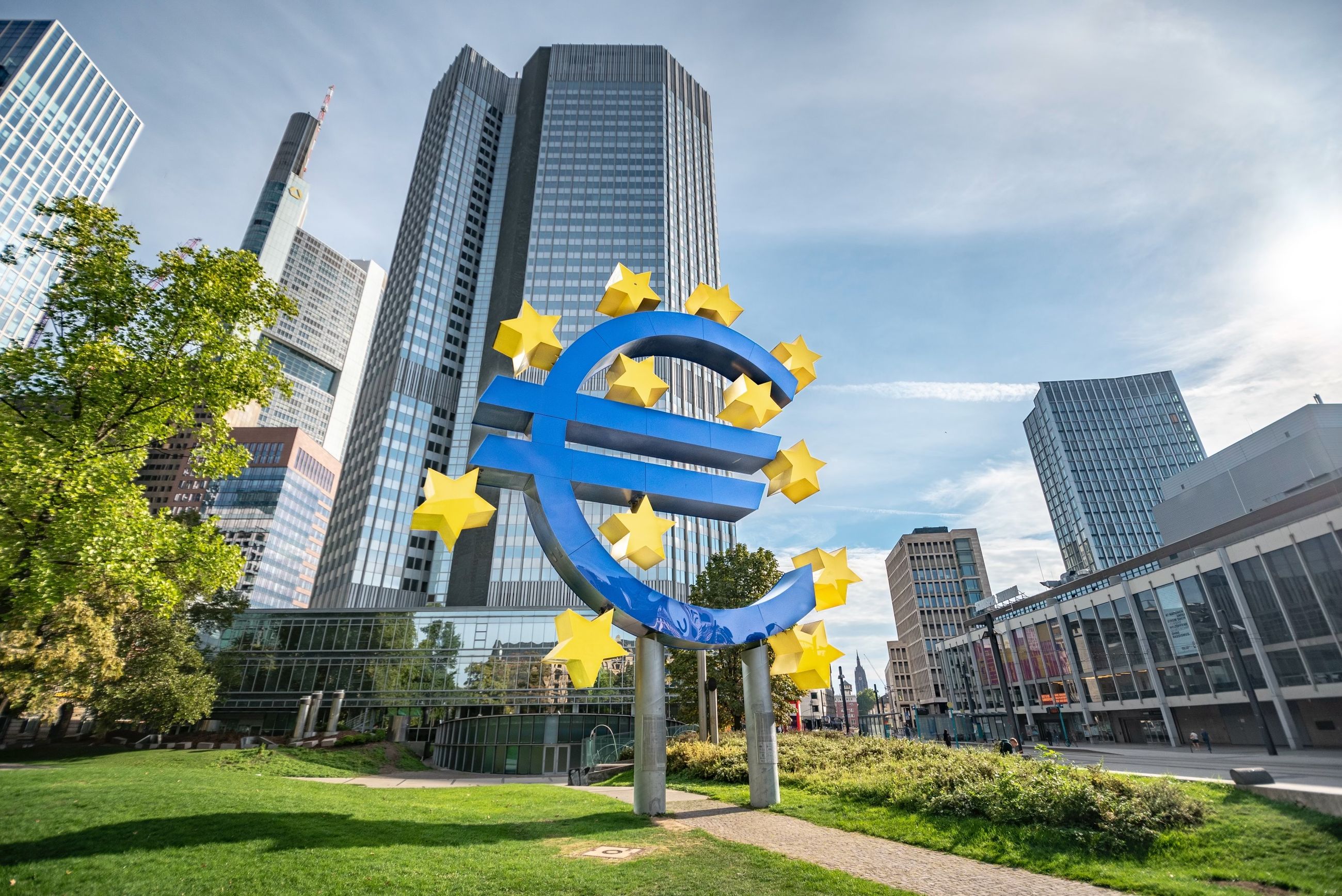ECB President Warns Against Weakening EU Sustainability Reporting Rules
Key Takeaways
- Lagarde’s Warning: ECB President Christine Lagarde urged EU lawmakers not to weaken the Corporate Sustainability Reporting Directive (CSRD), stressing that robust sustainability disclosures are essential for financial stability.
- Climate Risk Integration: The ECB has already embedded climate considerations into its monetary policy and collateral framework, with a new “climate factor” due in 2026 to buffer risks from high-carbon assets.
- Data Dependency: Proposed amendments to the CSRD and the Corporate Sustainability Due Diligence Directive (CSDDD) could reduce firm-level data availability, weakening the ECB’s ability to assess climate-related financial risks.
- Balancing Act: While acknowledging the need for proportionality, Lagarde warned that easing or delaying reporting requirements could undercut both regulatory effectiveness and the ECB’s climate risk safeguards.
Deep Dive
European Central Bank (ECB) President Christine Lagarde has urged lawmakers not to dilute the EU’s Corporate Sustainability Reporting Directive (CSRD), warning that watering down requirements would undermine the bloc’s ability to manage financial risks tied to climate change.
In a letter dated August 15 to Members of the European Parliament (MEPs) (Bas Eickhout, Gerben-Jan Gerbrandy, Sirpa Pietikäinen, Jussi Saramo, and Lara Wolters), Lagarde made her case clear that robust sustainability reporting is not a bureaucratic burden, but a necessity for financial stability.
“Climate change has profound implications for price stability through its impact on the structure and cyclical dynamics of the economy and financial system,” she wrote, stressing that the ECB’s Governing Council has already woven climate considerations into monetary policy since 2021.
The Stakes for the ECB
The ECB has been steadily integrating climate risk into its operations. It has adjusted its collateral framework to account for climate-related risks, accepted sustainability-linked bonds since 2021, and plans to introduce a new “climate factor” in 2026. That factor will reduce the effective collateral value of assets based on sector, issuer, and emissions data, acting as a safeguard against the uncertainties of the green transition.
But these efforts rely on one critical input: reliable, company-level sustainability data. Lagarde cautioned that the proposed “Omnibus” amendments to the CSRD and the Corporate Sustainability Due Diligence Directive (CSDDD) could reduce the scope of companies required to report, starving the Eurosystem of the granular information it needs.
“A reduction in the scope of undertakings subject to sustainability reporting requirements under the CSRD would limit the availability of firm-level data, thereby weakening the Eurosystem’s ability to perform a granular assessment of climate-related financial risks,” she wrote.
Lawmakers’ Pushback Meets Central Bank Concerns
The letter was prompted by questions from lawmakers wary of the reporting burden on companies. While Lagarde acknowledged the need for proportionality, she cautioned that rolling back requirements or delaying implementation would not only weaken climate oversight but also undercut the ECB’s ability to safeguard the financial system.
The timing is key. The ECB’s climate factor is due for rollout in the second half of 2026, and without comprehensive sustainability disclosures, the bank warns it may be flying blind when it comes to measuring risks tied to high-carbon assets.
Lagarde’s intervention shows the broader tension between regulatory ambition and political pressure from companies and member states seeking to ease reporting obligations. Her message signals that sustainability disclosures are becoming more than an ESG exercise, they are entering the core mechanics of financial stability and monetary policy.
As Lagarde put it, striking the right balance is essential. Diluting sustainability rules may buy short-term relief for companies, but the longer-term costs could be borne by Europe’s financial system and ultimately its citizens.
The GRC Report is your premier destination for the latest in governance, risk, and compliance news. As your reliable source for comprehensive coverage, we ensure you stay informed and ready to navigate the dynamic landscape of GRC. Beyond being a news source, the GRC Report represents a thriving community of professionals who, like you, are dedicated to GRC excellence. Explore our insightful articles and breaking news, and actively participate in the conversation to enhance your GRC journey.
Sponsored by






.svg)

.svg)